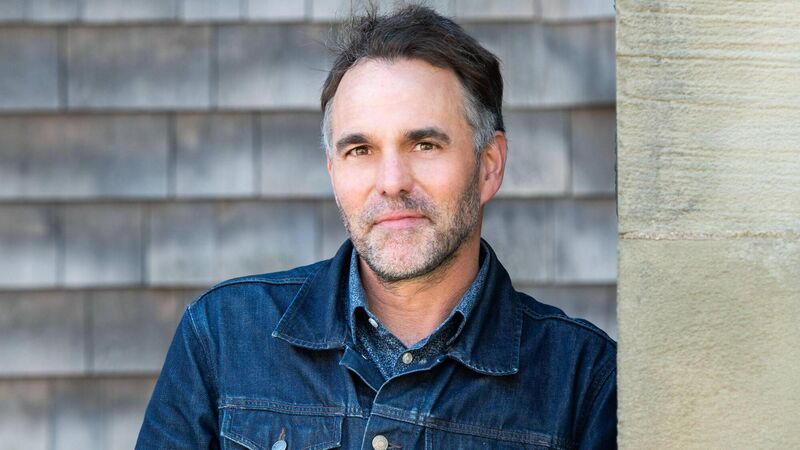Alexander MacLeod: 'It’s not the story’s job to give you a middle-class life'

Alexander MacLeod is one of the guests at Cork International Short Story Festival.
Canadian writer Alexander MacLeod is in Cork for three months as this year’s Frank O’Connor International Short Story Fellow. As well as reading from his work and being interviewed by writer Billy O’Callaghan at the Cork International Short Story Festival (October 11-14), MacLeod is mentoring four Cork-based writers “whose submissions jumped out at me". They are Fiona Ennis, Neil Tully, Patrick Holloway and Deirdre Crowley.
MacLeod, in his early fifties, first visited Cork in 2011 as a finalist in the short story award which was won that year by Edna O’Brien. Last year, his most recent collection, Animal Person, won widespread praise. A son of the late acclaimed writer, Alastair MacLeod, he teaches at St Mary’s University in Nova Scotia.




